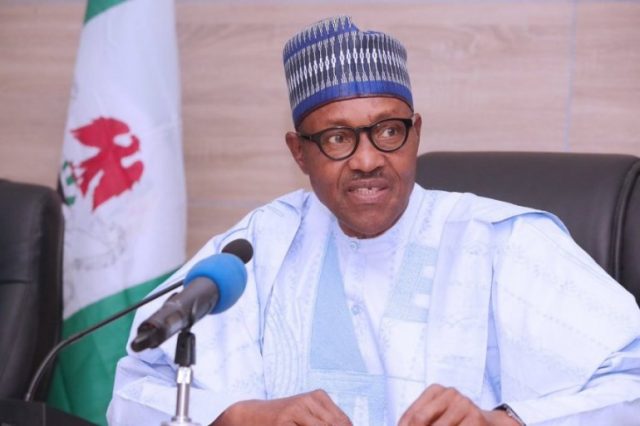
African Continental Free Trade Area (AfCFTA) agreement the world’s largest trading bloc has the potential both to boost intra-African trade by 52.3 per cent through harmonization, facilitation and coordination of trade liberalization across Africa, in general.
The trade bloc a summation of 55 member states of the African Union the agreement, with a market population of over 1.2 billion people and a total gross domestic product (GDP) of more than $3.4 trillion will facilitate inter-regional trade, through trade policy, trade facilitation, productive capacity, trade-related infrastructure, trade finance, trade information, and factor market integration, are among others.
While enough countries signed up the ratification to make AfCFTA operational, the absence of Africa’s largest economy, Nigeria could be felt. Nigeria’s President Buhari confirmed through a tweet that his country will sign the agreement at an AU summit in Niger next week.
Nigeria will sign the #AfCFTA Agreement at the upcoming Extraordinary Summit of the African Union in Niamey, Niger.
Recall that the Pres. Cttee on the Impact & Readiness Assessment of the Agreement Establishing the AfCFTA submitted its Report to Pres @MBuhari Thur June 27, 2019.
— Presidency Nigeria (@NGRPresident) July 2, 2019
While other nations in the country that have signed the ratification have a prospectus future, Nigeria, being among the last countries to get in will benefit the most from this deal looking at its population and economic stability.
“The unique continental market access combined with the increasing focus on industrialization as a catalyst for growth and priority of the government to shift away from over-reliance on volatile primary commodity exports will contribute to boosting Nigeria’s manufacturing sector and exports,” says Landry Signé, a Brookings Institution fellow.
Nigeria will have to increase its global competitiveness as well as improve on the ease of doing business to attract investment as signatures alone will not be withstanding, applicable to other countries as well. AfCFTA is also signalling a renewed push for more integration across Africa to facilitate movement and trade. The launch of a single African Transport market and African Union Passport could resolve problems Africans face when travelling within the continent, boost connectivity and cut travel costs across Africa.



